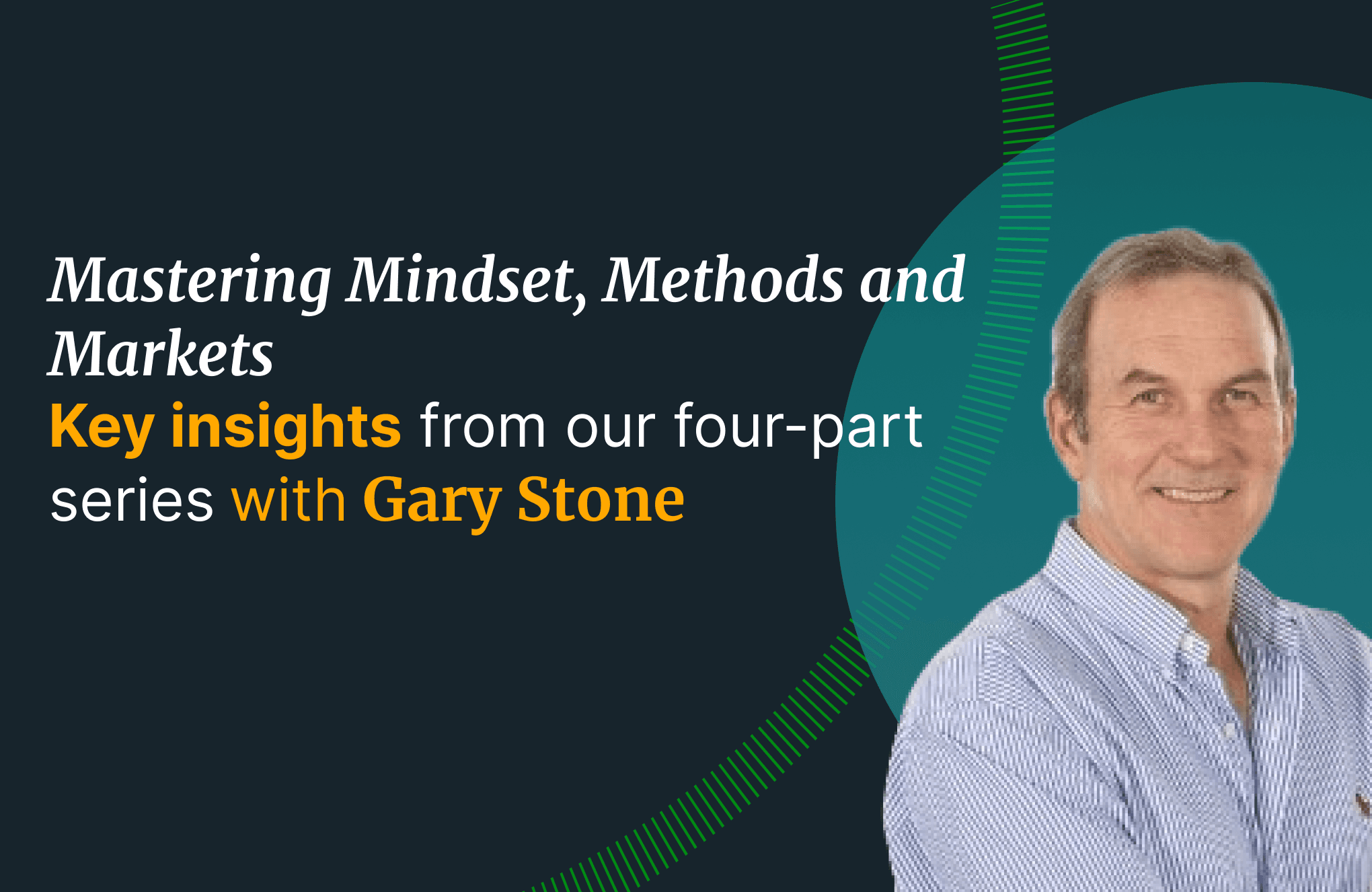Subjective wellbeing: Why satisfaction in life can be measured by more than wealth
Craig Keary
Subjective wellbeing is central to all our lives, but its name is something we might not have heard before. Subjective wellbeing (SWB) is the scientific term for happiness and life satisfaction that was coined by Ed Diener, PhD in 1985 to help humans measure quality of life. In practice, SWB and the Diener Life Satisfaction Scale specifically aims to measure how do we feel about our own lives.
The scale has five statements rated on a 7-point Likert scale from 1 (strongly disagree) to 7 (strongly agree). Each statement seeks to summarise an individual’s appraisal of their life satisfaction:
"In most ways, my life is close to my ideal."
"The conditions of my life are excellent."
"I am satisfied with my life."
"So far, I have gotten the important things I want in life."
"If I could live my life over, I would change almost nothing."
Psychology and Economics researchers both reference SWB and the Diener scale because they provide a holistic framework for an understanding of how people view their own lives and satisfaction. This isn’t always linked to external objective markers and conditions such as economic or educational status. The reality of SWB is much more individual and complex.
I have personally been studying SWB over the past several years and been able to apply it both in a personal and professional context.
The connection between subjective wellbeing and the intergenerational wealth transfer
The transfer of wealth across the generations (an estimated $3.5 trillion in Australia alone) is shaping as a momentous shift in how we understand our wealth and happiness. In previous chapters of this series, and elsewhere, I have written about the importance of planning for this with intention and care – both individually, as a family unit, and with the necessary professional advice. This can only be achieved successfully when taking into account the elements of SWB, namely: satisfaction, purpose, and social wellbeing.
An individual facing a new financial life stage, such as retirement, should ideally have the ability to self-reflect on these themes and set some SWB goals.
As trusted professionals and sometimes confidants, advisers are often well placed to guide their clients in this way, ultimately helping them achieve financial outcomes in harmony with an individual’s SWB.
Giving back for greater wellbeing
Researchers have consistently found that SWB relates to much more than the individual goals we may associate with achievement or success such as our material and financial assets. It also includes if we feel that we are contributing to others and to society.
Personally, I feel a sense of meaningfulness through giving of my time by my involvement with Lymphoma Australia – a charity that delivers meaningful support to those living with lymphoma, and their families. I similarly know many close friends and colleagues who derive great meaning and fulfilment from what they do outside of work, whether as volunteers or charitable supporters.
Passing down wisdom, as well as wealth
SWB shows us that wellbeing also includes how we feel about the future. Looking closer to home, those of us with children and grandchildren would understand the desire to pass down a legacy of some sort, allowing what we have worked for and achieve in our lifetimes to be shared and to flourish for years to come. Yes, this has a wealth component, and this is where expert estate planning and financial advice is necessary. But it goes beyond financial inheritance and gifting strategies. What will you pass on to your loved ones in knowledge, in experiences and wisdom? This, I believe, is where our personal SWB can truly be enhanced, and our intergenerational bonds strengthened.
Important disclaimer: SelfWealth Pty Ltd ABN 52 154 324 428 (“Selfwealth”) (AFSL 421789). The information contained on this website is general in nature and does not take into account your personal situation. You should consider whether the information is appropriate to your needs, and where appropriate, seek professional advice from a financial adviser and/or accountant. Taxation, legal and other matters referred to on this website are of a general nature only and should not be relied upon in place of appropriate professional advice. You should obtain the relevant Product Disclosure Statement for any product mentioned and consider its contents before making any decision.





